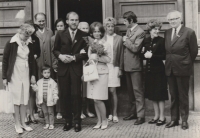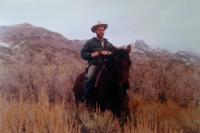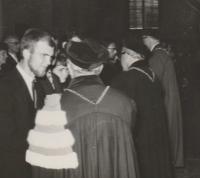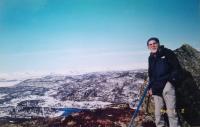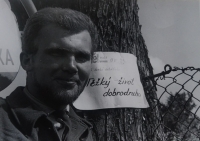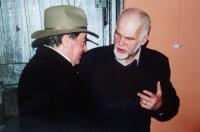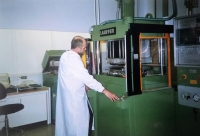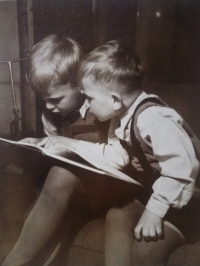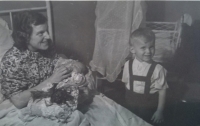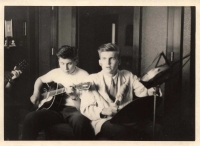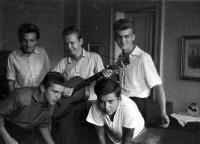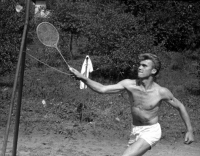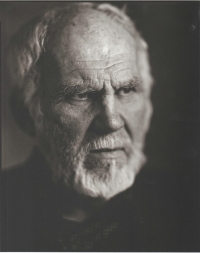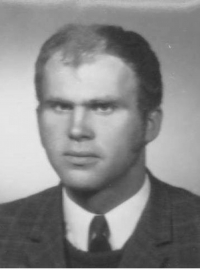I‘ve always tried to achieve justice

Stáhnout obrázek
Ivan Jonáš was born on April 15, 1942 in Prague quarter of Vinohrady. He came from a middle-class family, but his father could not practice law after February 1948 and made a living as a worker, so the family lost its former social status. He graduated from elementary school and the so-called eleven-grade school in náměstí Míru and in Žvahov in Smíchov. He is one of the founders of the rock and roll band Sputnici. From 1959 to 1963 he worked for the band as a manager and occasional a lyricist. In 1968, he was at the birth of the Club of Engaged Non-Partisans (KAN). He studied inorganic chemistry at the Faculty of Science of Charles University in 1964. He was excluded from doctoral studies at the Institute of Chemical Technology due to his political involvement in the forthcoming normalization. He continued to work at the Academy of Sciences as a researcher. In 1971 he emigrated to Sweden. Over time, he established himself here as a scientist, working at the universities of Lund and Salt Lake City, Utah. For the next twenty-three years he worked for LM Ericsson as a technologist. In addition, he became involved in activities in support of Czechoslovak dissent and became involved in human rights even after the fall of the Iron Curtain.
